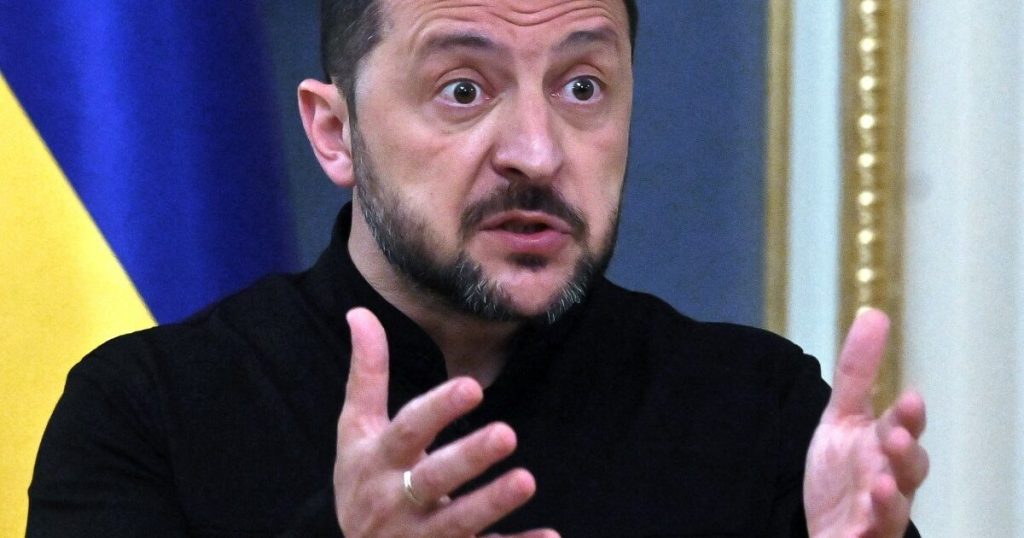The resumption of high-level peace talks between Ukraine and Russia in Istanbul marked a critical juncture in the ongoing conflict, representing a renewed effort to find a diplomatic solution to Europe’s most devastating war since World War II. The negotiations, facilitated by Turkish Foreign Minister Hakan Fidan, took place against the backdrop of escalating tensions, including a recent Ukrainian airstrike on Russian airbases, demonstrating Kyiv’s growing capacity to strike deep within Russian territory. These actions underscored the volatile nature of the conflict and the urgent need for a peaceful resolution. The talks, held at the historic Ciragan Palace, were imbued with a sense of urgency, reflecting the immense human cost of the war and the widespread international desire for an end to the hostilities.
The talks were heavily influenced by international pressure, particularly from the United States, urging direct dialogue between the warring nations. Previous negotiation attempts had yielded limited progress, primarily resulting in a significant prisoner exchange. Deep divisions persisted on fundamental issues, making these talks a pivotal moment in the conflict’s trajectory. Ukraine, entering the negotiations, expressed a willingness to take the necessary steps for peace, emphasizing the need for an immediate and unconditional ceasefire, the release of all remaining prisoners, and the return of Ukrainian children taken by Russia. This stance reflected a desire to address the humanitarian crisis caused by the war and to begin the process of rebuilding trust between the two nations.
Russia, while agreeing to participate in the talks, remained guarded about its specific intentions, planning to present a peace “memorandum” without publicly disclosing its terms. This lack of transparency fuelled speculation and raised concerns about Moscow’s commitment to a genuine peace process. A Ukrainian source close to the negotiations called upon Russia to abandon its inflexible stance and demonstrate a willingness to compromise. There was a glimmer of hope that if Russia moved beyond its previous ultimatums, significant progress could be made. However, Moscow’s insistence on addressing the “root causes” of the conflict, interpreted as demanding territorial concessions, limiting Ukraine’s military capabilities, and preventing its NATO membership, presented a major obstacle. These demands were viewed by Kyiv and its Western allies as imperialistic and unacceptable, highlighting the deep chasm between the two sides’ positions.
The Kremlin’s continued resistance to direct talks between President Zelensky and President Putin further complicated the situation. Putin’s aides questioned Zelensky’s legitimacy and called for regime change in Ukraine, actions that undermined the negotiation process and cast doubt on Russia’s true intentions. The composition of the negotiating teams also reflected the complex dynamics at play. Russia’s delegation was led by Vladimir Medinsky, a close Putin ally with a history of controversial statements questioning Ukraine’s sovereignty. Ukraine’s team was headed by Defence Minister Rustem Umerov, considered a pragmatic figure but facing domestic scrutiny over alleged misconduct. These factors added layers of complexity to the already challenging talks.
In the lead-up to the negotiations, Ukrainian officials engaged in discussions with counterparts from the UK, Germany, and Italy, underscoring the international community’s involvement in the peace process. Kyiv continued to seek concrete security guarantees from the West, similar to NATO-style protections, a demand firmly opposed by Moscow. This divergence in security perspectives remained a major sticking point in the negotiations. Despite battlefield losses and Russian territorial gains, particularly in Ukraine’s Sumy region, Kyiv signaled its willingness to consider regaining some occupied territories through diplomatic channels rather than solely through military means. This indicated a degree of flexibility and a recognition of the potential benefits of a negotiated settlement.
The Istanbul talks, therefore, represented a crucial test of whether a diplomatic solution could be found to end the devastating conflict. The significant differences in the two sides’ positions, coupled with the complex political backdrop and the ongoing fighting, made the path to peace extremely challenging. The outcome of these talks held immense significance not only for the future of Ukraine and Russia but also for the broader security landscape of Europe and the world. The international community watched with bated breath, hoping for a breakthrough that could bring an end to the bloodshed and pave the way for a more stable and peaceful future.


